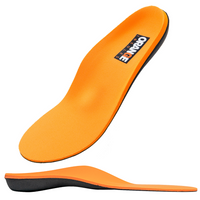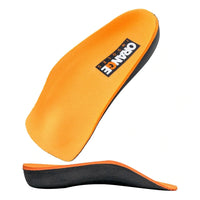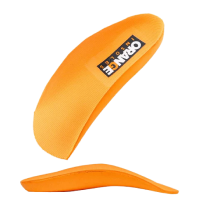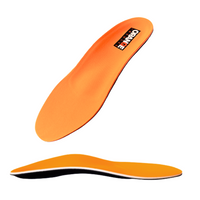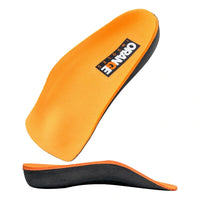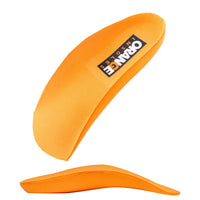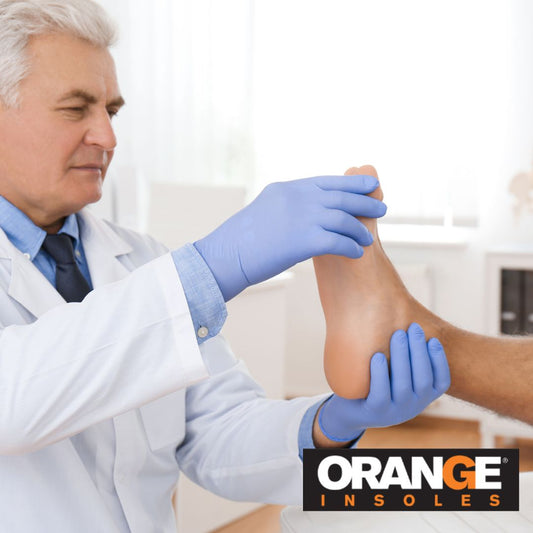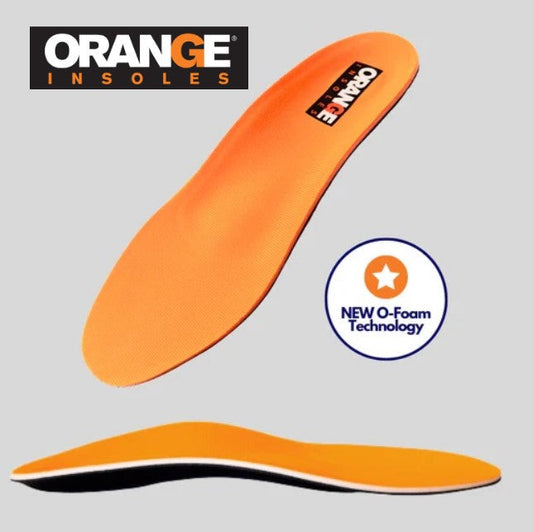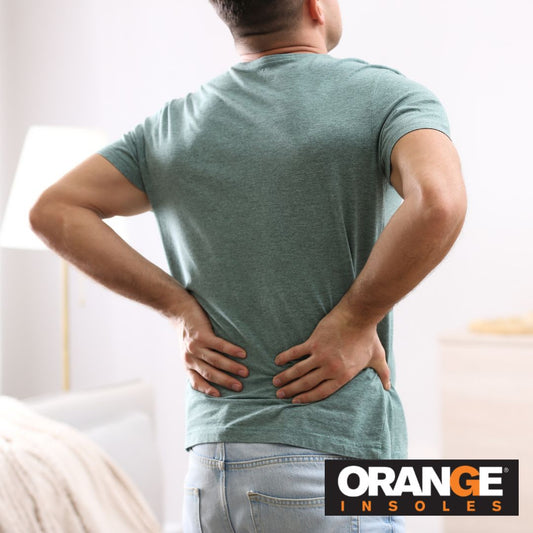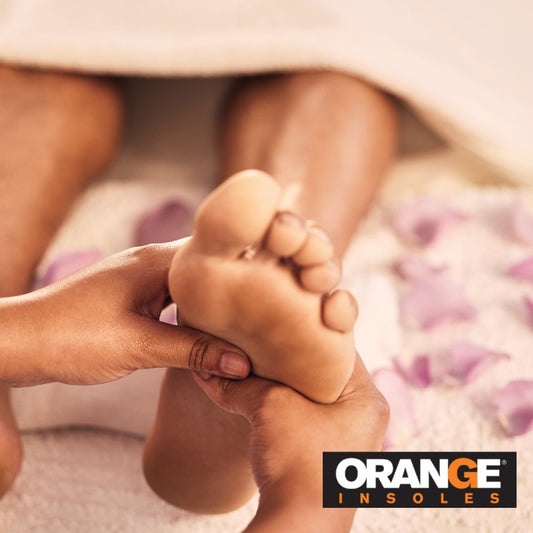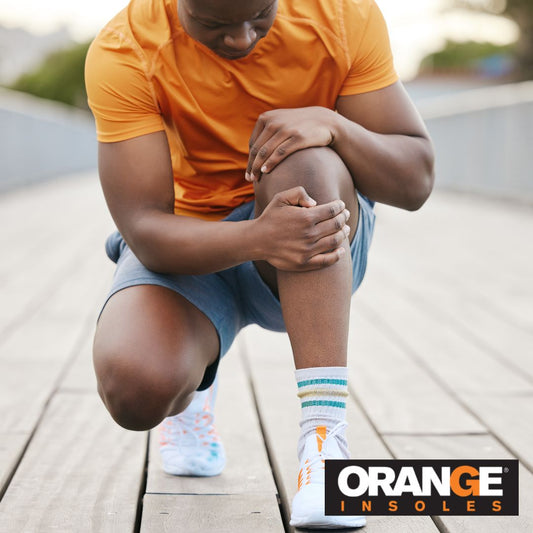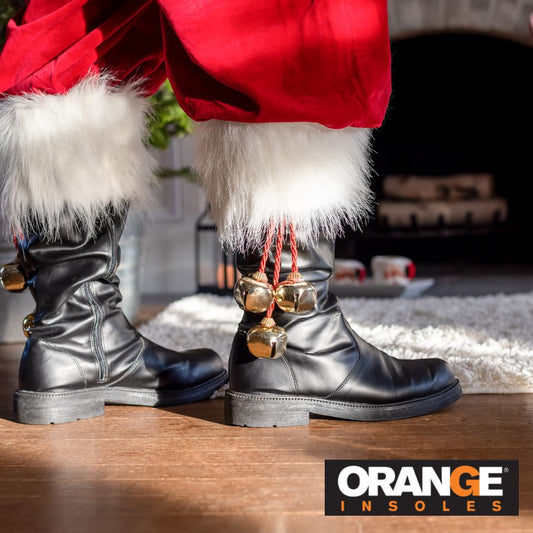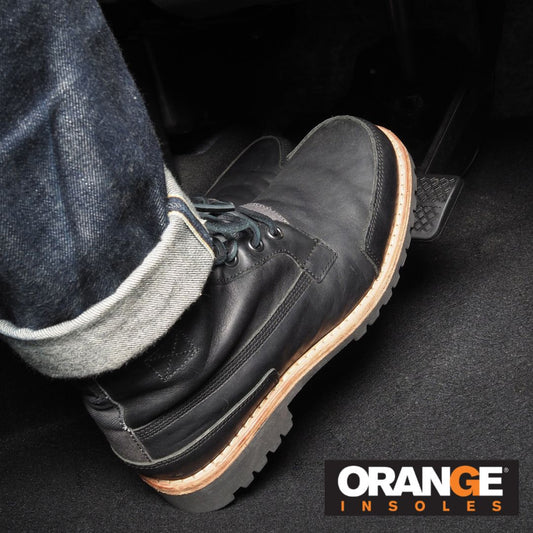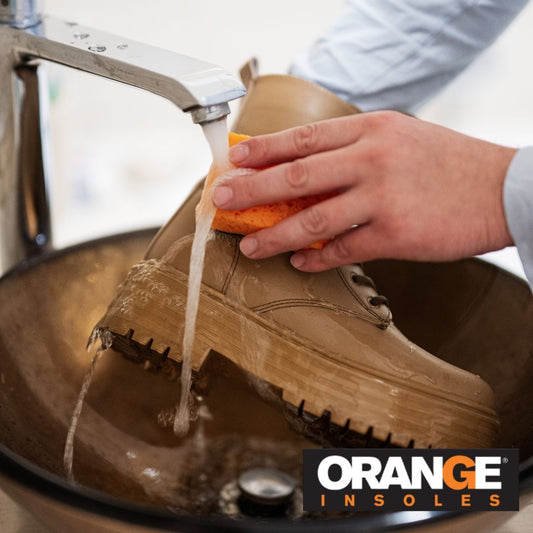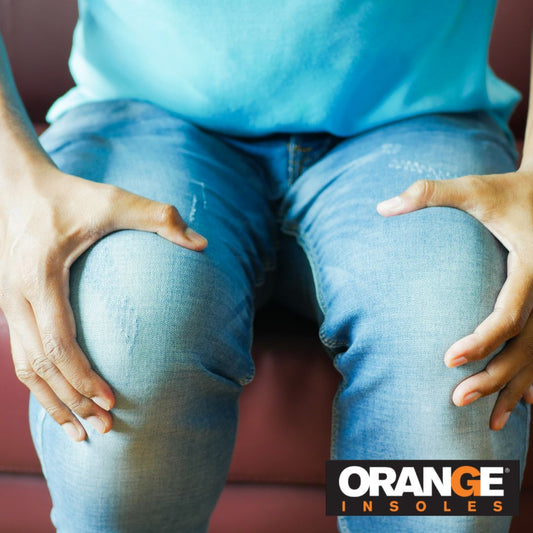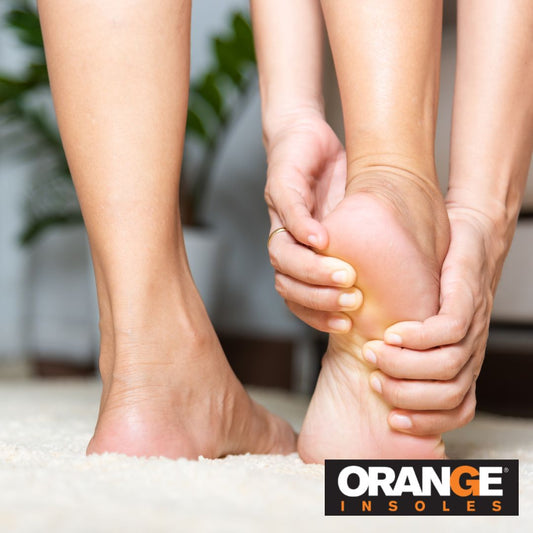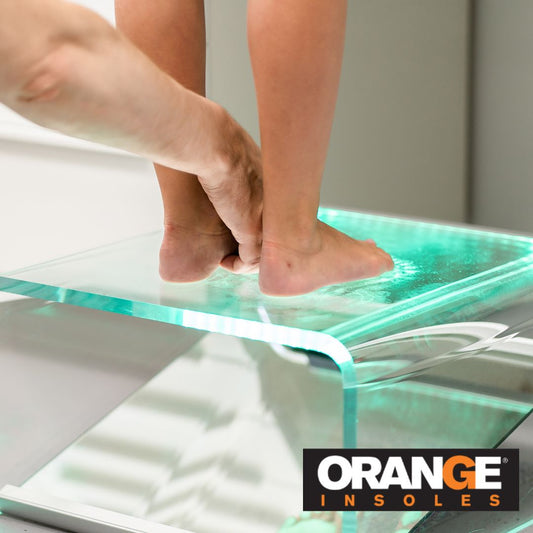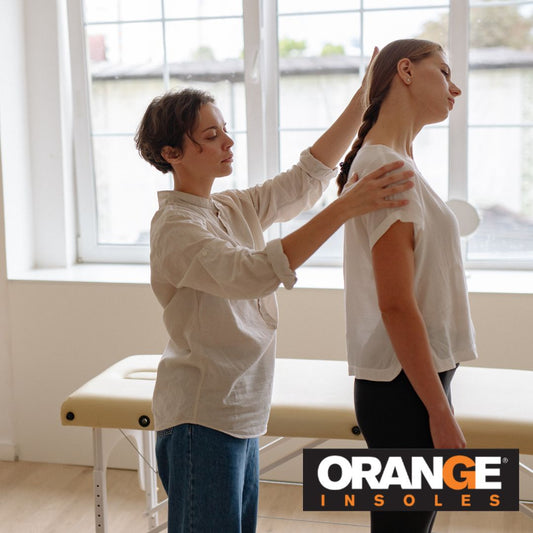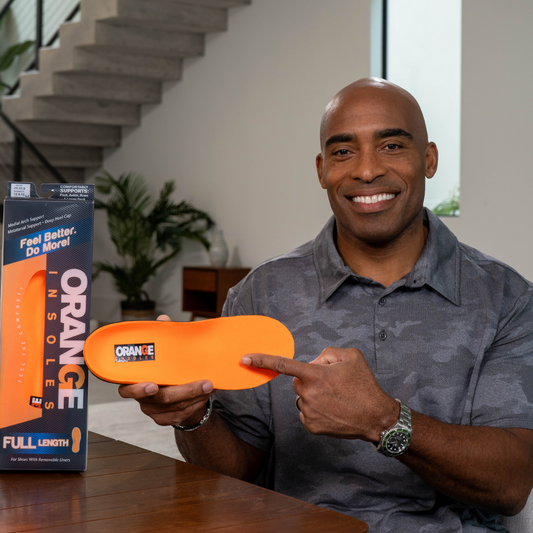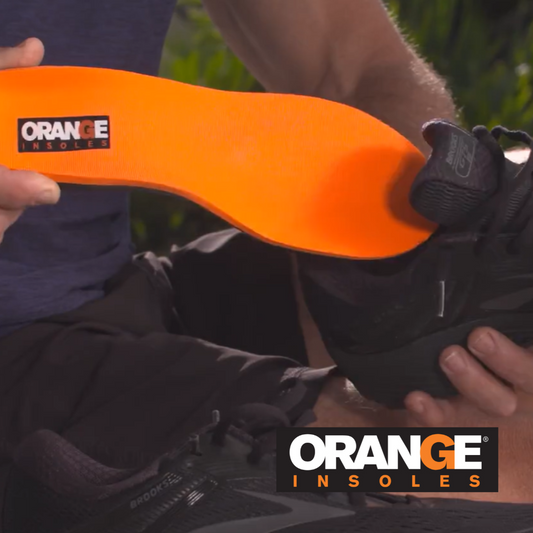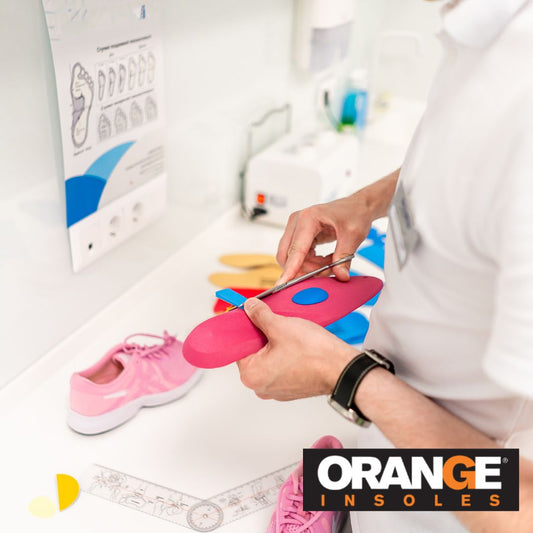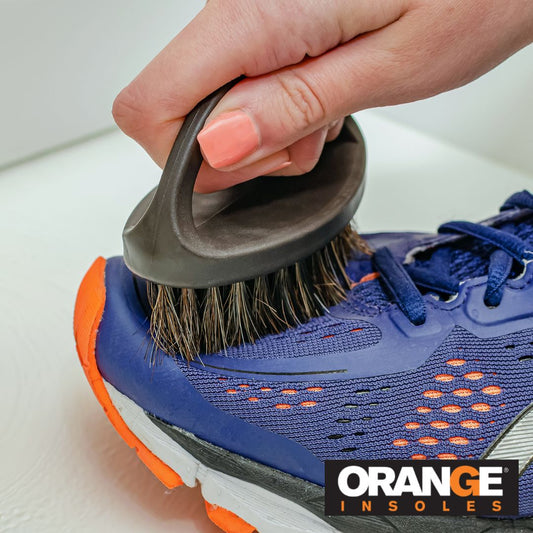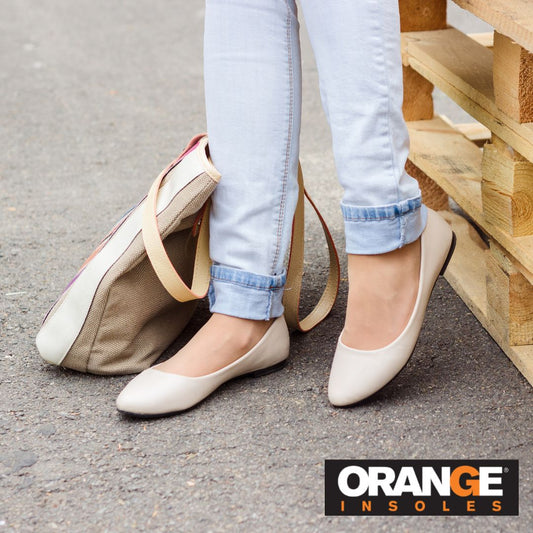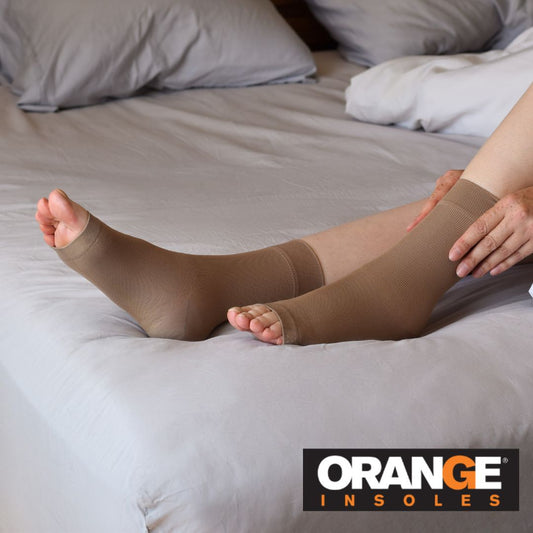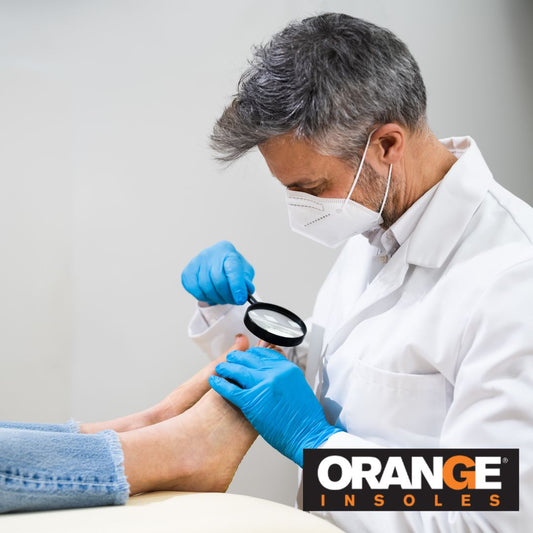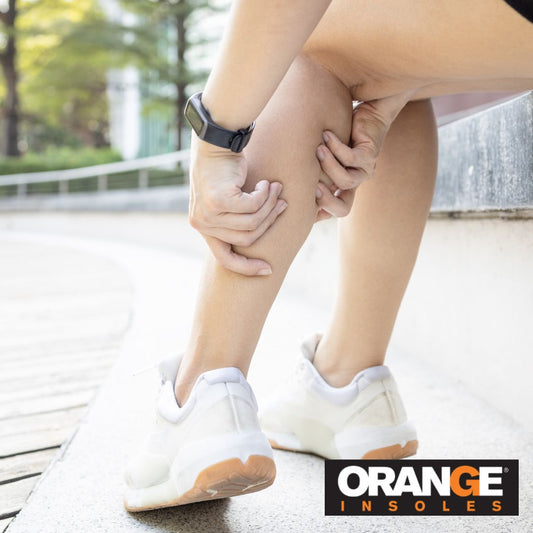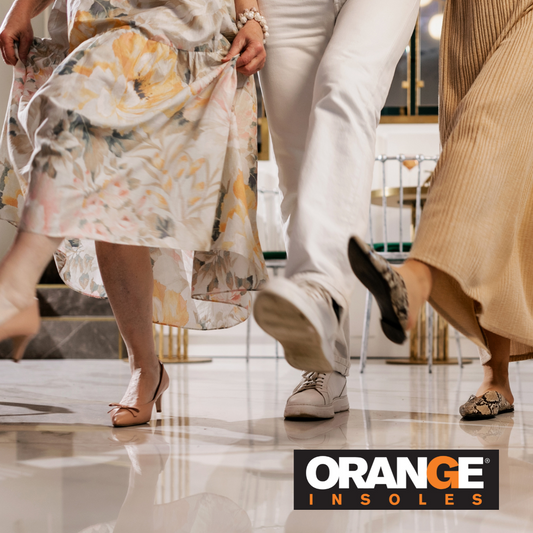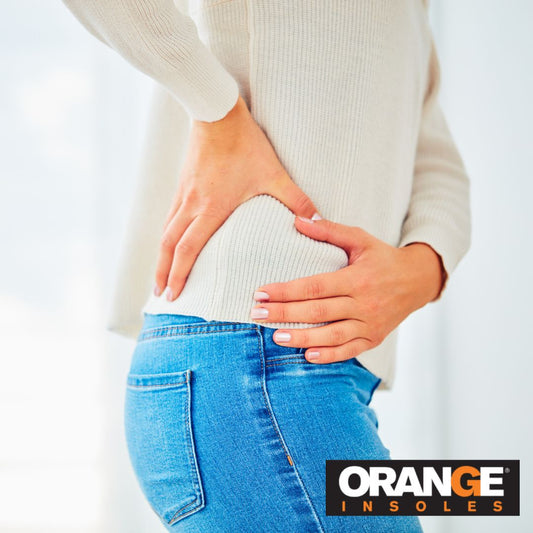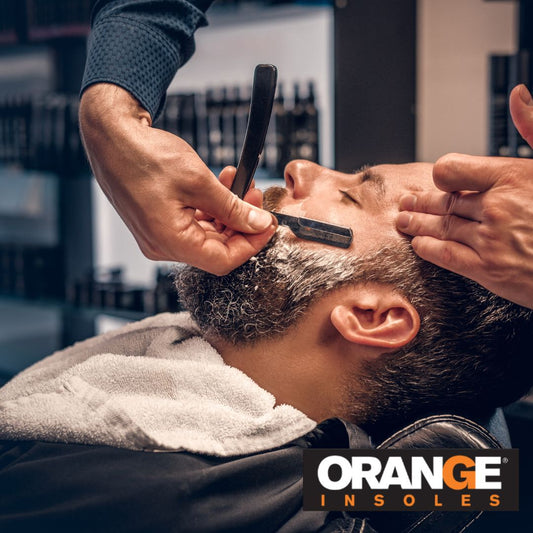You probably came across an article and a video telling you that your foot health is at risk because of the lack of support in your shoes. This concern for your feet isn't unfounded; inadequate support can lead to various issues, including discomfort, pain, and even long-term damage to your feet, knees, hips, and back. So, how can you tell if your shoes need insoles to enhance their support?
Understanding Arch Support
Arch support is crucial because it helps distribute pressure evenly across your feet, reduces stress on the arch, and provides stability. Shoes with good arch support can prevent overpronation (foot rolling inward) or supination (foot rolling outward), which can cause or exacerbate many foot-related problems.
Signs Your Shoes Lack Sufficient Arch Support
- Foot Pain:
- Arch Pain: Persistent pain in the arch area can indicate a lack of support. This pain often worsens with prolonged standing or walking.
- Heel Pain: Conditions like plantar fasciitis, characterized by sharp heel pain, especially in the morning, can be aggravated by poor arch support.
-
Ball of Foot Pain: Metatarsalgia, pain and inflammation in the ball of the foot, can also result from insufficient support.
Read more: Why do my feet hurt?
- General Discomfort:
- If your shoes feel comfortable when you first put them on but lead to discomfort or fatigue after a few hours, they might lack adequate support.
- A general sense of tiredness or soreness in your feet, especially after standing or walking, can be a red flag.
- Uneven Shoe Wear:
- Examine the soles of your shoes. Uneven wear patterns, such as more wear on the inner or outer edges, can indicate improper foot alignment and a need for better arch support.
- Visible Foot Deformities:
- Conditions like bunions, hammertoes, or calluses can be exacerbated by inadequate support.
- Overpronation or supination can cause visible deformities in the feet, indicating a need for corrective support.
- Knee, Hip, or Back Pain:
- Misalignment in your feet can lead to pain in your knees, hips, and lower back. If you experience these symptoms, it could be due to insufficient arch support.
- Flat Feet or High Arches:
- Individuals with flat feet (low arches) or high arches are more prone to needing additional support. Standard shoe insoles often don't provide the necessary level of support for these conditions.
The Role of Insoles
Insoles are designed to provide additional support, cushioning, and comfort inside your shoes. They can help correct biomechanical issues, alleviate pain, and prevent injuries. Here’s how they can help:
- Enhanced Support:
- Insoles with arch support can help maintain the natural arch of your foot, distributing weight more evenly and reducing strain on specific areas.
- Improved Alignment:
- Properly designed insoles can correct overpronation or supination, helping to align your feet, ankles, knees, hips, and lower back.
- Shock Absorption:
- Many insoles offer additional cushioning, which can absorb shock and reduce the impact on your feet and joints during activities like walking, running, or standing for long periods.
- Pressure Relief:
- Insoles can help redistribute pressure across your feet, preventing painful pressure points and reducing the risk of developing calluses, corns, or blisters.
- Enhanced Comfort:
- By providing additional cushioning and support, insoles can significantly enhance the overall comfort of your shoes, making it easier to stay on your feet all day.
Shoe Replacement or Insole Replacement?
When faced with foot discomfort, many people wonder whether they should replace their shoes entirely or simply add insoles. Here’s how to decide:
- Assess the Condition of Your Shoes:
- Worn Out Soles: If the soles of your shoes are worn out or unevenly worn, it may be time to replace the shoes. No insole can fix the fundamental structure if the base of the shoe is compromised.
- Structural Integrity: Check for any signs of damage to the shoe's upper part, such as tears, holes, or weakened support. If the shoe structure is failing, new insoles won't provide a lasting solution.
- Comfort and Fit:
- Fit Issues: If your shoes no longer fit well, either due to stretching or other changes, replacing the shoes is necessary. Insoles can enhance comfort but can’t correct size or fit issues.
- Initial Discomfort: If the shoes were never comfortable to begin with, consider replacing them. It's possible they were not the right match for your feet from the start.
- Footwear Type:
- Specialized Footwear: Athletic shoes, work boots, or dress shoes might require specific insoles tailored to those activities. If you need specialized support that the shoe itself can’t provide, insoles can be a practical solution.
- Fashion vs. Function: For fashion-forward shoes that lack support, adding insoles can improve comfort without sacrificing style. However, if these shoes cause significant pain, it might be best to find a more supportive option altogether.
- Budget Considerations:
- Cost-Effective Solution: Insoles are generally more affordable than new shoes. If the shoes are still in good condition and structurally sound, insoles can be a cost-effective way to enhance comfort and support.
- Long-Term Investment: While insoles can prolong the life of your shoes, continually adding insoles to worn-out shoes can become costly over time. Investing in a new pair of quality shoes might be more economical in the long run.
Determining whether your shoes need insoles and if their arch support is enough involves paying attention to your body and understanding your specific needs. If you experience pain, discomfort, or any of the signs mentioned above, it might be time to consider adding insoles to your footwear.
With the right insoles, you can improve your overall foot health, enhance comfort, and prevent long-term issues. Remember, taking care of your feet is crucial, as they are the foundation of your body and play a vital role in your overall well-being.
